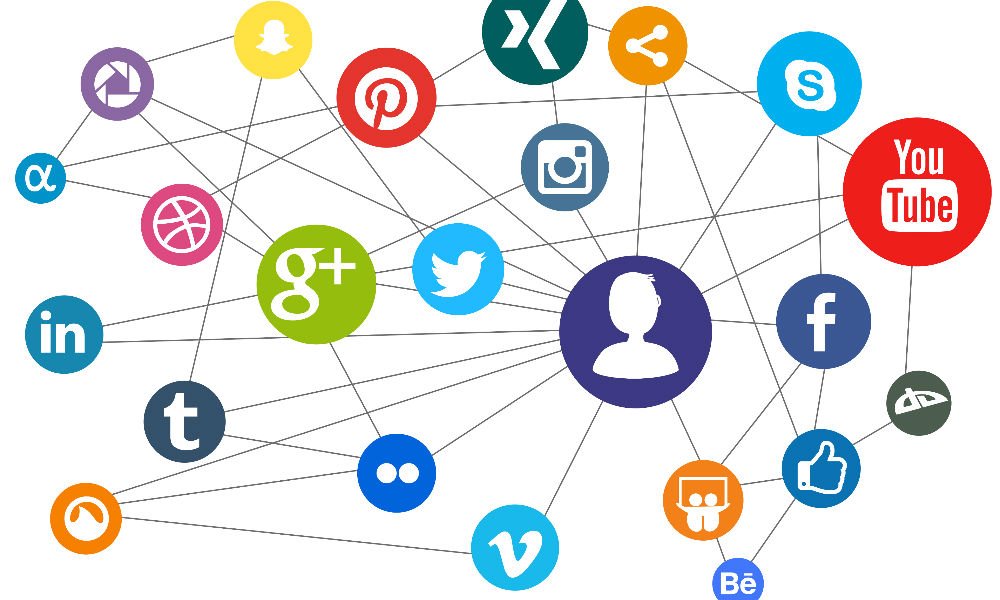Diversity has become a focal point in the modern entertainment industry, reflecting broader societal changes and the growing demand for representation across various media. From film and television to music and theater, the conversation around diversity is shaping the narratives we see and hear. This blog will explore the significance of diversity in modern entertainment, the progress made in recent years, and the challenges that remain.
1. Understanding Diversity in Entertainment
Diversity encompasses a wide range of dimensions, including race, ethnicity, gender, sexual orientation, age, disability, and cultural background. In entertainment, diversity refers to the representation of these varied identities in the stories we tell and the characters we portray. The goal is to create a more inclusive environment that reflects the richness of human experience, allowing audiences to see themselves and others in the narratives presented.
2. Progress Made in Representation
In recent years, there have been significant strides towards greater diversity in entertainment. Major studios and networks are increasingly recognizing the importance of inclusive storytelling. For example, films like “Black Panther” and “Crazy Rich Asians” have achieved critical and commercial success while showcasing underrepresented cultures. Television shows like “Pose” and “One Day at a Time” have brought LGBTQ+ and Latinx experiences to the forefront, challenging stereotypes and broadening perspectives.
Additionally, behind-the-scenes representation has also improved. More directors, writers, and producers from diverse backgrounds are entering the industry, leading to more authentic storytelling that resonates with a wider audience. Organizations and initiatives promoting diversity in Hollywood have gained momentum, pushing for systemic changes within the industry.
3. The Impact of Diverse Storytelling
Diverse storytelling enriches the entertainment landscape, offering fresh perspectives and narratives that reflect the complexities of modern society. Representation matters; it influences how audiences perceive themselves and others. When people see characters that look like them or share similar experiences, it fosters a sense of belonging and validation. Moreover, diverse stories challenge stereotypes and encourage empathy, bridging gaps between different cultures and communities.

4. Challenges to Achieving True Diversity
Despite the progress, significant challenges remain in achieving true diversity in entertainment. While there have been advancements in representation, many groups still face systemic barriers that limit their opportunities. For instance, people of color, women, and LGBTQ+ individuals continue to be underrepresented in key roles, both in front of and behind the camera.
Additionally, diversity can sometimes be viewed as a box-checking exercise, leading to tokenism rather than genuine representation. This superficial approach can dilute the authenticity of stories and perpetuate harmful stereotypes. Audiences are increasingly aware of these issues and demand more thoughtful and nuanced portrayals.
5. The Role of Audiences in Promoting Diversity
Audiences play a critical role in advocating for diversity in entertainment. By supporting films, shows, and creators that prioritize inclusion, viewers can send a powerful message to studios and networks. Social media has become a platform for fans to voice their opinions, highlight diverse content, and hold creators accountable for their representation choices. As audiences continue to demand diversity, the entertainment industry is compelled to respond.
6. Looking Ahead: The Future of Diversity in Entertainment
The future of diversity in entertainment is promising, but it requires ongoing commitment and vigilance. As the industry evolves, it’s essential to ensure that diversity is not just a trend but a fundamental principle guiding storytelling. This involves not only increasing representation but also fostering an environment where diverse voices can thrive.
Conclusion
Diversity in modern entertainment is crucial for reflecting the complexities of our world and promoting a more inclusive society. While progress has been made, challenges remain that necessitate continuous effort and advocacy. By embracing diverse stories and perspectives, the entertainment industry can create a richer and more vibrant landscape that resonates with all audiences. As we look to the future, let us champion diversity, ensuring that every voice is heard and every story is told.










